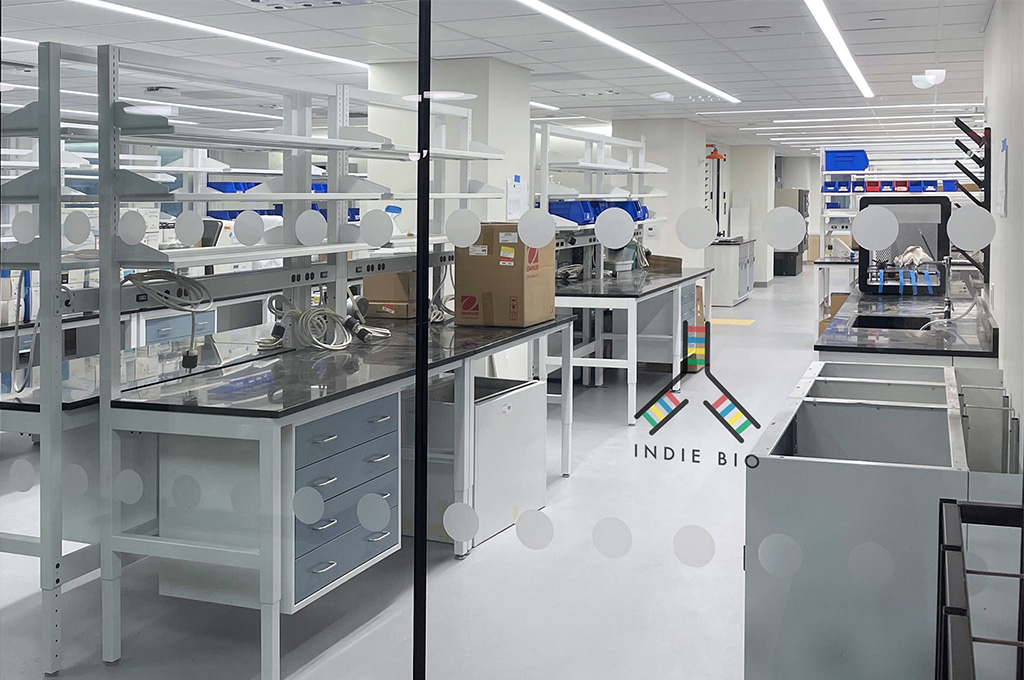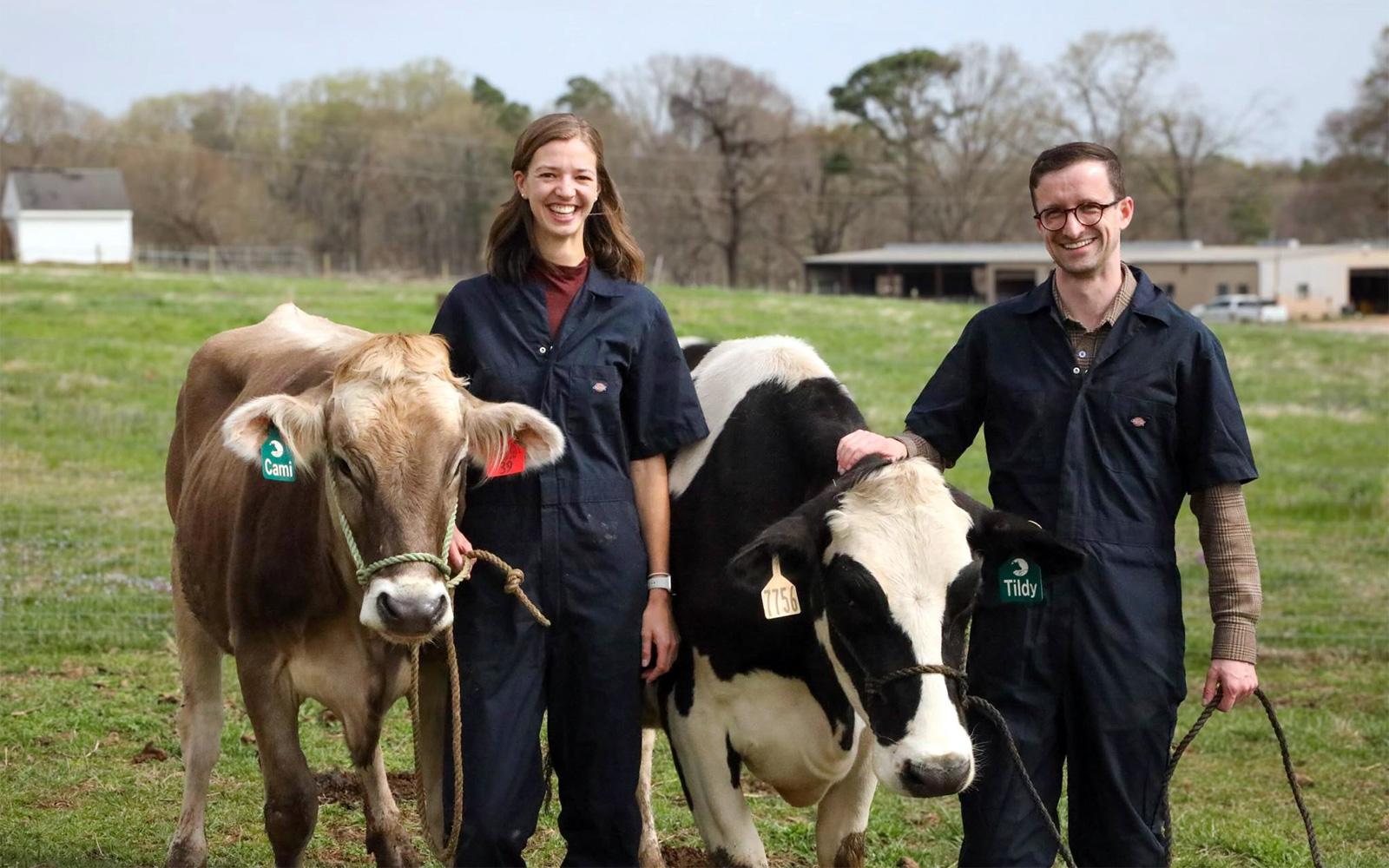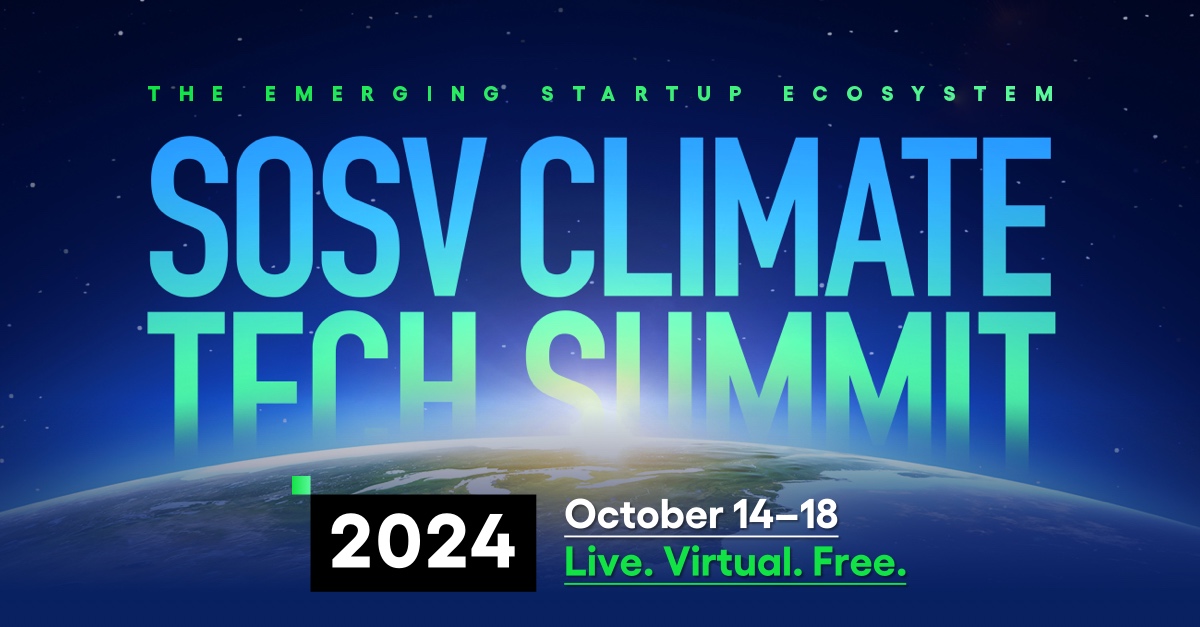
Bucha Bio grows their biomaterial with bacteria, free from animals or any plastic additives. Their biomaterial can be personalized in every different way: colors, textures, and other new traits. Their expected production cost at scale is lower and production speed is faster than any leather companies that are in the market. And they are providing samples to experiment with famous shoe and automobile companies.
See Bucha Bio at IndieBio New York Class Two Demo Day
We spoke with Bucha Bio Founder & CEO Zimri T. Hinshaw to gain insight into his technology and motivation in building his startup.
What inspired you to build Bucha Bio?
I’m a vegan as well as a fashion lover. I understand that there is a big sustainability market. As soon as I had a fun experience experimenting with Bucha online, I realized it’s not just an experiment but this could be built into an industry. I saw the potential there, so I started pitching it to everyone who would listen to me.
What products can we expect to see made with Bucha Bio materials?
Our first product was a pillow, and it was an easy one for our first choice. It’s an interior design product. It doesn’t have to stand up against too much rough and tumble. That was using our first iteration of material.
Now, with our current product, we can stand up to a lot of rough and tumble. The durability of our product has increased exponentially with the application of 100% plant-based polymers that we developed during the IndieBio program. We are now looking for a contract to use this material to create a line of small items such as watch bands, jewelry, and footwear.
One aspect I want to highlight is the versatility of our material. Because of its durability, flexibility, and ability to take on natural dyes, we can use it for all sorts of applications. Wissam Al-Madhon from Frecustoms requested biomaterials to refit an Air Jordan sneaker (not affiliated with Nike). We also made a commercial with a designer top made from our biomaterial as a concept that biomaterial can be super trendy, super cool. That’s definitely where we want to keep on being, on trend with our genZ target market. As we know, genZ loves sneakers, so that’s where we want to go next.
As for the business model, generally, we don’t sell products directly but work with partners. We work with brands to prototype our products and then bring our products to the market and co-brand those together. We want that brand parallelism, that we are on the same level. We are incorporating this really edgy, really crazy material. That gets everyone’s attention. It’s good for both brands. That’s the goal.
As we scale up, in the long term, we will go to the automobile industry and other items you’d like to see with larger contracts. After that, we bring the price down to compete with animal, or even plastic, leather at scale. That will be the end game.
What’s the most rewarding thing in your entrepreneurial journey?
I always want to be at the cutting-edge of technology. I want to do things that are really exciting—and I’m doing that today. It’s really awesome. This week, I’m in the garment district, downtown; I’m directing a fashion show at SOHO; I’m doing wet lab research. It doesn’t get better than this! This is a lot of fun, and I’m living in the dream everyday.
What advantages do you have against your competitors?
We have many competitive advantages. Firstly, Bucha Bio is able to grow sheets of biomaterials anywhere and without bioreactors; this is a huge advantage.
Secondly, using industrial waste as a feedstock for our bacteria also creates an opportunity. This enables us to compete our price with not only animal leather but also plastic leather at scale.
Lastly, using plant-based biopolymers with cellulosic chemistry delivers performance way beyond what’s currently available on the market, while remaining green. We have the performance and the sustainability, without compromising on either.
What does the future of your industry look like?
It’s our belief that industries like fashion, interior design, and automotive will evolve beyond leather-based products in the next 25 years. We want businesses to understand and embrace this more sustainable model.



